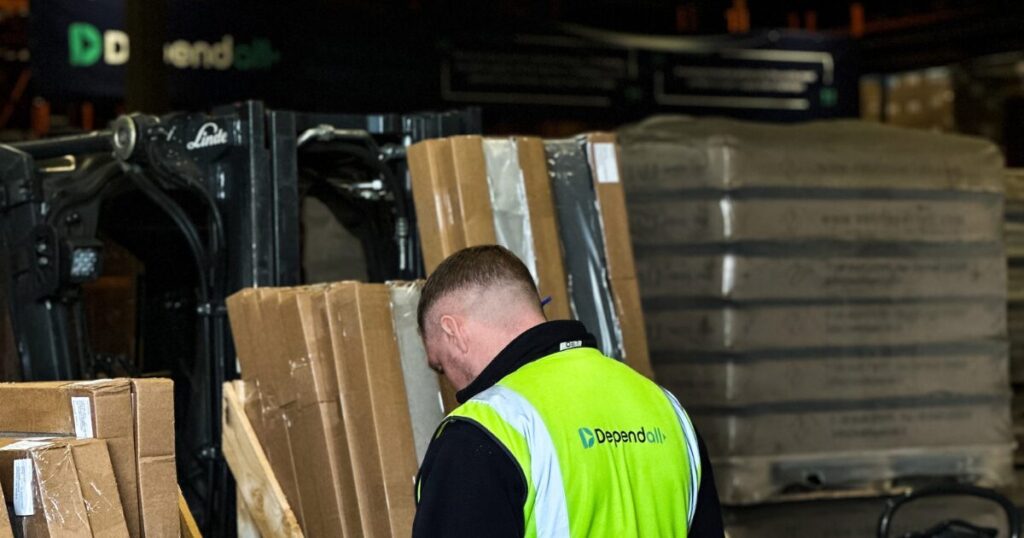Explore the differences between Contract Logistics vs 3PL. Businesses often turn to outside help for their logistics. Two key players are contract and third-party logistics (3PL) providers. Though they may seem similar, they differ in managing goods movement.
Each has its perks, and there’s no clear answer on which is better. Both offer solutions for businesses wanting to outsource or streamline logistics. With the UK’s eCommerce market on the rise, the Contract Logistics vs 3PL: The Difference is predicted to hit £88.85 billion by 2028, up from £75.87 billion in 2023.
Understanding Contract Logistics vs 3PL: The Difference
Contract logistics involves specialised companies managing specific supply chain segments, such as freight forwarders handling cargo movement, customs clearance, documentation, and shipping processes.
It’s ideal for businesses seeking expertise in a specific supply chain aspect while maintaining control over the rest.
Understanding Third-Party Logistics (3PL): The Difference
On the flip side, a 3PL, short for third-party logistics provider, offers a wide range of services covering warehousing, shipping, and fulfilment. This includes inventory management, order processing, picking and packing, order tracking, customer communication, returns management, and more. Essentially, a 3PL provides a one-stop solution for businesses outsourcing some or all of their supply chain operations.
You can choose between asset-based and non-asset-based 3PLs. Asset-based ones own their trucks and warehouses, while non-asset-based ones use their clients’ or third parties’ assets. Both options can save costs; if a business has its truck fleet, it can outsource without making them obsolete. Non-asset-based 3PL providers also build relationships with distribution and transportation companies, offering lower shipping rates.
Choosing Between Contract Logistics and 3PL: The Difference
eCommerce’s growth boosts 3PLs, especially for small businesses. Their flexible solutions let businesses use as much or as little as needed, creating an ideal environment for growth. Unlike contract logistics, focused on specific weaknesses in a company’s supply chain.
3 Tips for Selecting the Perfect Logistics Supplier
- Clearly State Your Needs: Clearly state what you need from your logistics partner. Identify the logistics services required, like transportation, warehousing, and order fulfilment. This helps in finding a supplier that fits your specific needs.
- Check Reliability and Reputation:
Choose a logistics supplier known for reliability. Check their track record, read customer reviews, and get recommendations. A reliable partner ensures on-time deliveries, reduces disruptions, and boosts overall customer satisfaction. Confirm their ability to meet service agreements and handle challenges. - Explore Technology and Innovation:
Look into logistics providers using technology and innovative solutions. Advanced tech allows real-time tracking, efficient communication, and data insights. Ensure compatibility with your systems and find features that improve visibility, transparency, and overall efficiency in logistics.
The Final Decision: Contract Logistics vs 3PL
Deciding between contract logistics and 3PL depends on your SME’s size, goals, and needs. Contract logistics suits established supply chains, while 3PLs provide a full solution for scalable and efficient warehousing, inventory management, and distribution.
Picking the right partner is key as your business grows for achieving growth and customer satisfaction.





